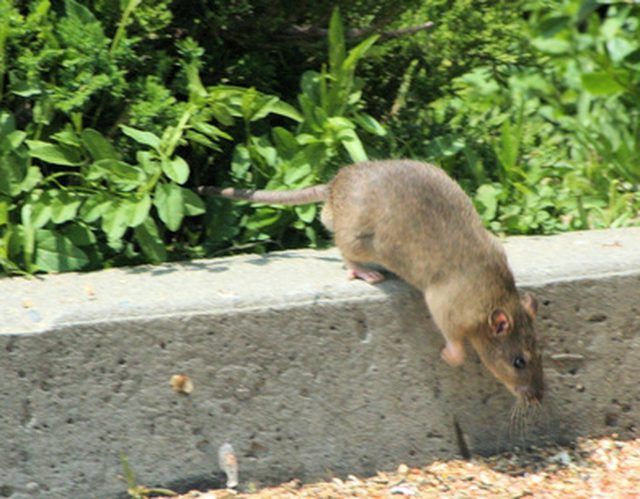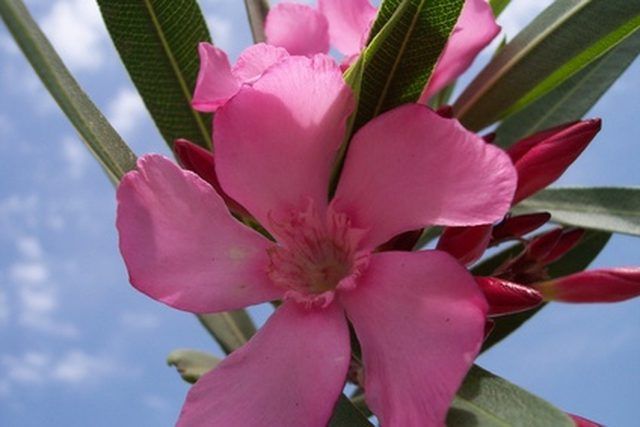Bulbs
Flower Basics
Flower Beds & Specialty Gardens
Flower Garden
Garden Furniture
Garden Gnomes
Garden Seeds
Garden Sheds
Garden Statues
Garden Tools & Supplies
Gardening Basics
Green & Organic
Groundcovers & Vines
Growing Annuals
Growing Basil
Growing Beans
Growing Berries
Growing Blueberries
Growing Cactus
Growing Corn
Growing Cotton
Growing Edibles
Growing Flowers
Growing Garlic
Growing Grapes
Growing Grass
Growing Herbs
Growing Jasmine
Growing Mint
Growing Mushrooms
Orchids
Growing Peanuts
Growing Perennials
Growing Plants
Growing Rosemary
Growing Roses
Growing Strawberries
Growing Sunflowers
Growing Thyme
Growing Tomatoes
Growing Tulips
Growing Vegetables
Herb Basics
Herb Garden
Indoor Growing
Landscaping Basics
Landscaping Patios
Landscaping Plants
Landscaping Shrubs
Landscaping Trees
Landscaping Walks & Pathways
Lawn Basics
Lawn Maintenance
Lawn Mowers
Lawn Ornaments
Lawn Planting
Lawn Tools
Outdoor Growing
Overall Landscape Planning
Pests, Weeds & Problems
Plant Basics
Rock Garden
Rose Garden
Shrubs
Soil
Specialty Gardens
Trees
Vegetable Garden
Yard Maintenance
Natural Rat Poison
Natural Rat Poison. Domesticated rats are loving pets, but the wild species will infest homes and public buildings, spreading disease and parasites as they seek food and shelter. According to the Illinois Department of Public Health, cleanliness and good sanitation will limit rats' ability to survive indoors and around homes but may not prevent...

Domesticated rats are loving pets, but the wild species will infest homes and public buildings, spreading disease and parasites as they seek food and shelter. According to the Illinois Department of Public Health, cleanliness and good sanitation will limit rats' ability to survive indoors and around homes but may not prevent infestation. Commercial rat poisons can be harmful to the environment and lethal to pets, barn animals and children. However, poison may be necessary if traps or natural deterrents, such as pet cats, predator urine, dog fur, pepper spray, ammonia or peppermint oil-soaked cotton balls, are unsuccessful.
Vitamin D
A lethal dose of rat poison made from naturally occurring vitamin D will induce hypercalcemia, raising the calcium levels in rats' blood vessels, kidneys, stomach and lungs. Symptoms range from internal bleeding to kidney failure and usually begin 18 to 36 hours after ingestion. Many commercial products mix vitamin D with an anticoagulant poison, making it a less natural option, so be sure to check product labels.
Poisonous Plants
Many plants are toxic to small animals, including rats. Growing them around your property may help to prevent and control rat infestation, but remember that they will harm cats, dogs and other small animals. Many plants only cause a mild reaction and serve as deterrents rather than poison, but oleander, which causes paralysis, respiratory failure and cardiac arrest, and Dieffenbachia (spotted dumbcane), which leads to throat swelling and suffocation, are both lethal.

Non-Chemical Poisons
Some commercial products contain no chemicals at all and can be considered natural rat poisons. These products contain alpha-cellulose derived from wood and plant fibers, along with wheat and molasses. When rodents eat these products, they experience blood thickening, dehydration and coma leading to death. These natural poisons are safe to use around children, pets and food and are fully biodegradable.
Past Solutions
Many natural rodenticides have been phased out of use (and made illegal in some cases) due to high toxicity levels and danger to humans. One of these is strychnine, a colorless, crystalline alkaloid that causes muscle convulsions and death due to asphyxia or exhaustion. It is still used as gopher bait. Other substances used previously include arsenic, barium, cyanide and yellow phosphorus.
Synthetic Poisons
Anticoagulants are not natural poisons even though their chemical components are derived in part from plants. They cause severe internal bleeding, shock to the circulatory system and death in one to two weeks. These poisons can contaminate the environment, other animals and children. The safer synthetic compound zinc phosphide is mixed with food bait and reacts with rats' digestive acid to form toxic phosphine gas. This poison is considered specific to rodents and rarely causes harm to other local wildlife, although birds, cats and dogs are susceptible.